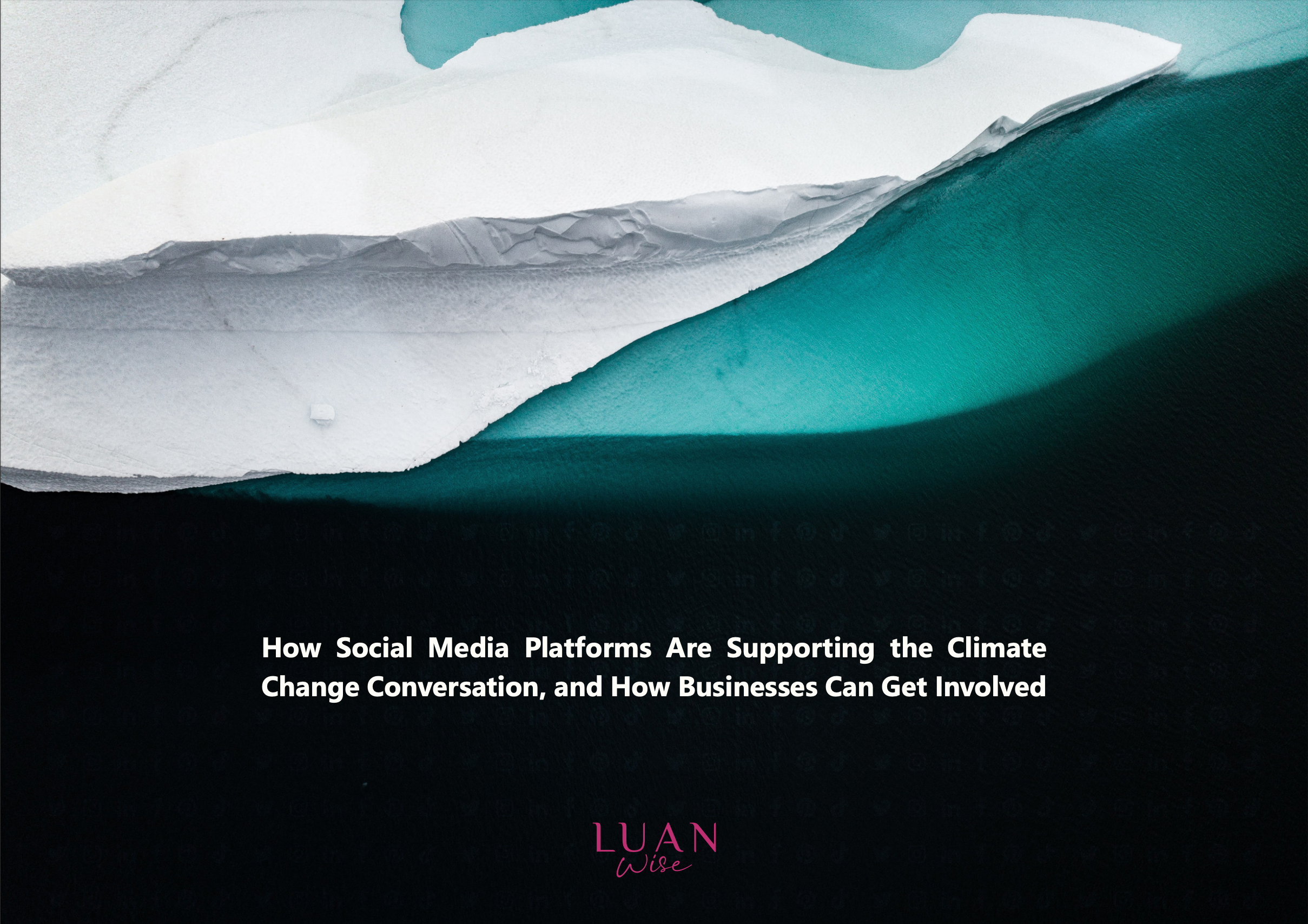As the world starts to recover from the Covid-19 pandemic, climate change is once again an urgent topic, with the need to build back not just better, but also greener. Concern over climate change has risen dramatically since the 2015 Paris Agreement, as governments, businesses and individuals recognise climate change as a global priority that can only be tackled by working together.
With government leaders from around the world meeting in Glasgow in November for the COP 26 summit on climate change, I have been taking a look at how the social media platforms have responded to climate change, and what opportunities and challenges the climate change conversation offers to the business community.
What is COP 26?
From 31st October to 12th November 2021, the UK will host the UN Climate Change Conference of the Parties (COP 26), an international summit of 100+ world leaders that aims to accelerate progress towards reducing worldwide carbon emissions to net-zero and limit global warming to 1.5C degrees by 2050.
Achieving these ambitious targets will require the cooperation of governments, businesses and individuals, but they are crucial. If they are not met, the Earth will increasingly experience devastating air pollution, wildfires and floods, leading to food and water shortages, disease, malnutrition, loss of livelihoods, exposure to extreme heat, loss of wildlife habitats and some species threatened with extinction. The message is stark: we must act now and get climate change under control.
Most countries will set out their plans to reduce emissions before the conference starts, and during the two weeks, we can expect many new announcements, some of which will affect our daily lives.
The climate change conversation on social media
To read about the scale of the climate change conversation on social media, how social media platforms are responding to climate change, the power of social media to fight climate change, and how to get involved in the climate change conversation, request a copy of the white paper via the form below.
Your email details will only be used to send you a copy of this white paper, and for discussions on the topic of climate change.

